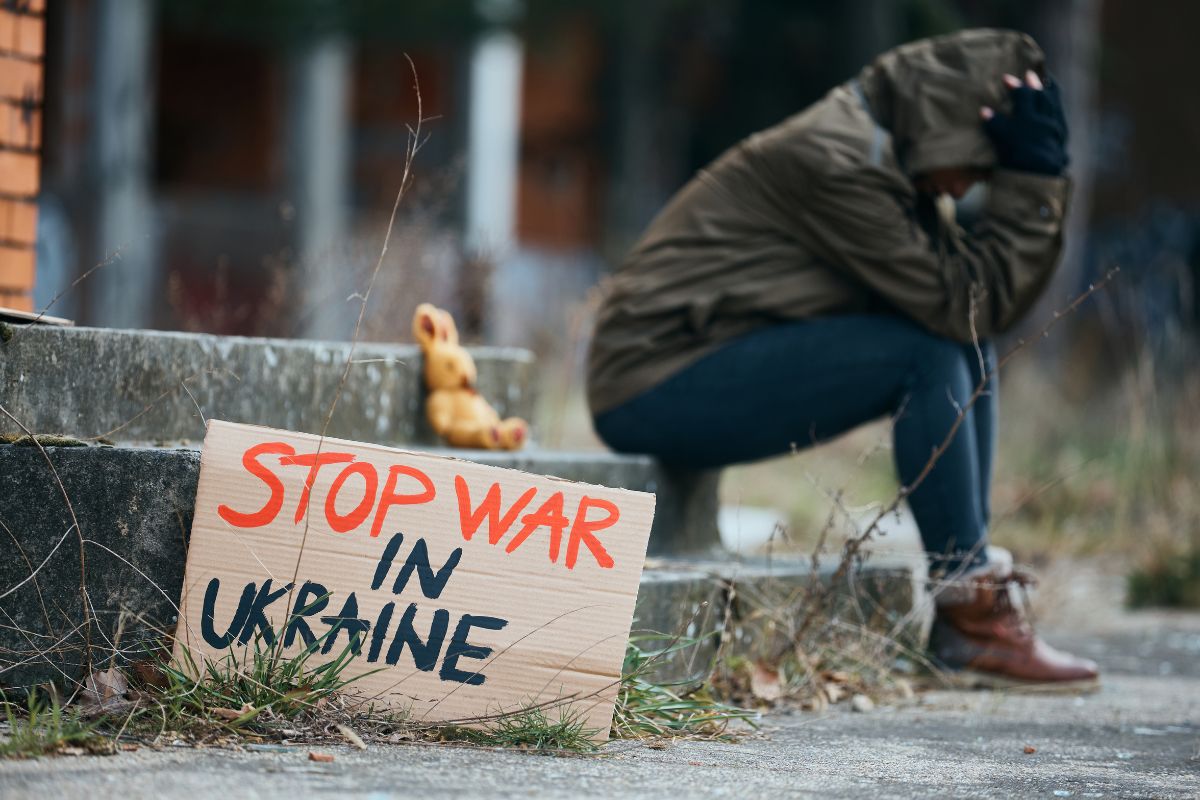The surest sign that Moscow’s narrative ~ the primary reason for its invasion of Ukraine was the aggressive, expansionist, and threatening moves by the North Atlantic Treaty Organisation (Nato) ~ has gained traction, especially in the global South, is the concerted attempt being made by Western analysts to ‘expose’ this telling of the logic of war. Russian President Vladimir Putin is, instead, blamed for single-handedly starting the largest military conflict in Europe since World War II by fraudulently seeking to portray the pre-invasion crisis that the Kremlin allegedly created with Ukraine as a NatoRussia dispute when in fact it was not. So, are these Western critics ~ including highly respected strategic experts such as Steven Pifer who is the latest to have made this argument ~ correct? At the outset, it must be clarified that President Putin is no paragon of liberal-democratic virtues. That having been said, however, he has been flagging his concerns about Nato sitting on Russia’s borders quite regularly. In 2021, he highlighted Nato’s rising military threat on his country’s western borders and demanded legal guarantees for Russia.
The riposte to this from Pifer is to mock Mr Putin: “… As if the country with the world’s largest nuclear arsenal and largest army in Europe needed such guarantees.” But by that logic, it is because Moscow has the military might that Nato would be wary of intruding into Russia’s ‘sphere of influence’; ergo, it follows that the exercising of that military prowess is par for the course to continue to keep Nato in check. Mr Putin’s proposals for draft agreements with Nato and the United States of America that would have ruled out further Nato enlargement and required the trans-Atlantic alliance to withdraw all military forces and infrastructure from memberstates (mainly Eastern European) that had joined after 1997 is another point of criticism by those seeking to lay bare “Russia’s lies”. But instead of engaging with the issue of why discussions on this demand would not be countenanced in Washington and Brussels ~ it was just stated as a fait accompli that Nato would not forswear further enlargement ~ the focus has been on Western counter offers on arms control and risk reduction measures which were rejected by Mr Putin.

Where Mr Putin’s critics have a point is regarding the largely false or highly exaggerated claims of neo-Nazis in Kiev, a genocide in Donbas, and the Ukrainian pursuit of nuclear arms that the Russian President cited to justify the invasion. But that, again, is the logic of war ~ if the primary cause for conflict (albeit as one party sees it) is not even addressed, every small grouse real or imagined will be used by it to justify its decision to go to war. That is what Mr Putin has done. Nato is neither in a position to press home the narrative of ‘democracy versus autocracy’ in the context of Russia’s aggression given the company its leading member-states keep in other parts of the world, nor will it be taken seriously by the non-aligned world given its cut-andrun operation in Afghanistan and refusal to put boots on the ground in Ukraine.












